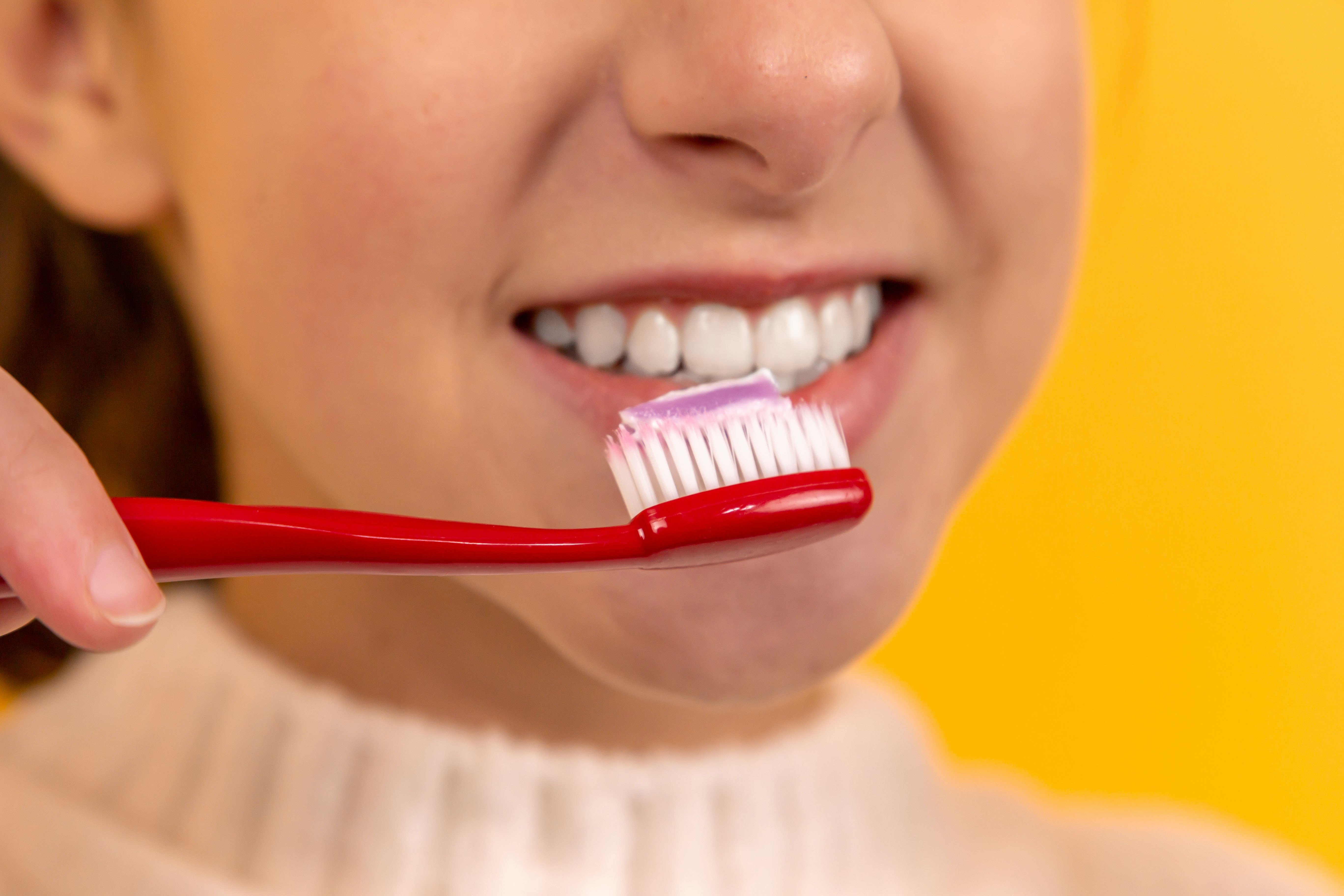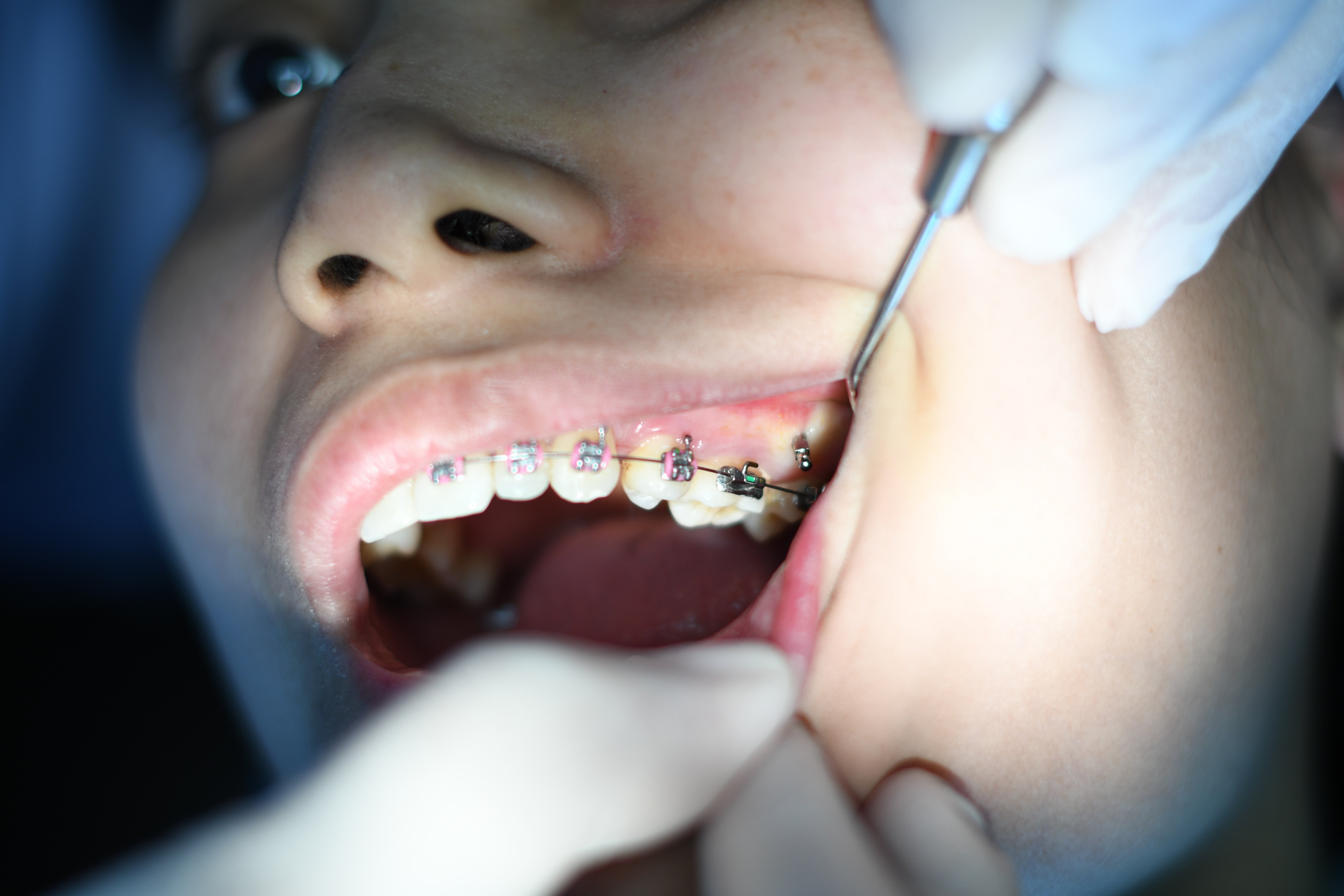Learn about the causes of bleeding gums and effective treatments to maintain oral health.
Understanding the Importance of Oral Health
Maintaining good oral health is essential for overall well-being. Your mouth is the gateway to your body, and any issues in your oral cavity can negatively affect your overall health. Oral health is not just about having a bright smile; it also plays a crucial role in preventing various diseases. Bleeding gums are often a sign of an underlying oral health problem, and understanding the causes can help you prevent further complications.
Common Causes of Bleeding Gums
There are several common causes of bleeding gums. One of the primary causes is gingivitis, which is the initial stage of gum disease. Gingivitis occurs when plaque, a sticky film of bacteria, builds up on your teeth and irritates your gums. Poor oral hygiene is another major contributor to bleeding gums. Not brushing and flossing regularly allows bacteria to accumulate and form plaque, leading to gum inflammation and bleeding. Other factors that can cause bleeding gums include hormonal changes, certain medications, vitamin deficiencies, and underlying health conditions.
1. Gingivitis: The Initial Stage of Gum Disease
Gingivitis is the first stage of gum disease and is characterized by red, swollen, and bleeding gums. If left untreated, gingivitis can progress to a more severe form of gum disease called periodontitis. To prevent gingivitis, it is important to practice good oral hygiene. This includes brushing your teeth twice a day, flossing daily, and using an antiseptic mouthwash. Regular dental check-ups and professional cleanings can also help detect and treat gingivitis at an early stage.
2. Poor Oral Hygiene: A Major Contributor to Bleeding Gums
Poor oral hygiene is a major contributor to bleeding gums. Failing to brush and floss regularly allows plaque to accumulate on your teeth and gums, leading to gum inflammation and bleeding. To maintain good oral hygiene, it is important to brush your teeth at least twice a day using a soft-bristled toothbrush and fluoride toothpaste. Additionally, flossing once a day helps remove plaque and food particles from between your teeth and along the gumline. Incorporating these habits into your daily routine can significantly reduce the risk of bleeding gums.
Effective Treatments for Bleeding Gums
Treating bleeding gums depends on the underlying cause. If gingivitis is the cause, improving oral hygiene practices is crucial. This includes brushing and flossing regularly, using an antiseptic mouthwash, and visiting your dentist for professional cleanings. In some cases, your dentist may recommend scaling and root planing to remove plaque and tartar from below the gumline. For bleeding gums caused by other factors, such as hormonal changes or certain medications, your dentist may recommend specific treatments or lifestyle modifications. It is important to consult with your dentist to determine the best course of action for your specific condition.


